You may occasionally include these fruits and vegetables on your grocery list, but the latest research shows berries, flaxseed, soy and other foods help Americans reduce their risk of a heart attack by as much as one-third in some cases
1. Berries
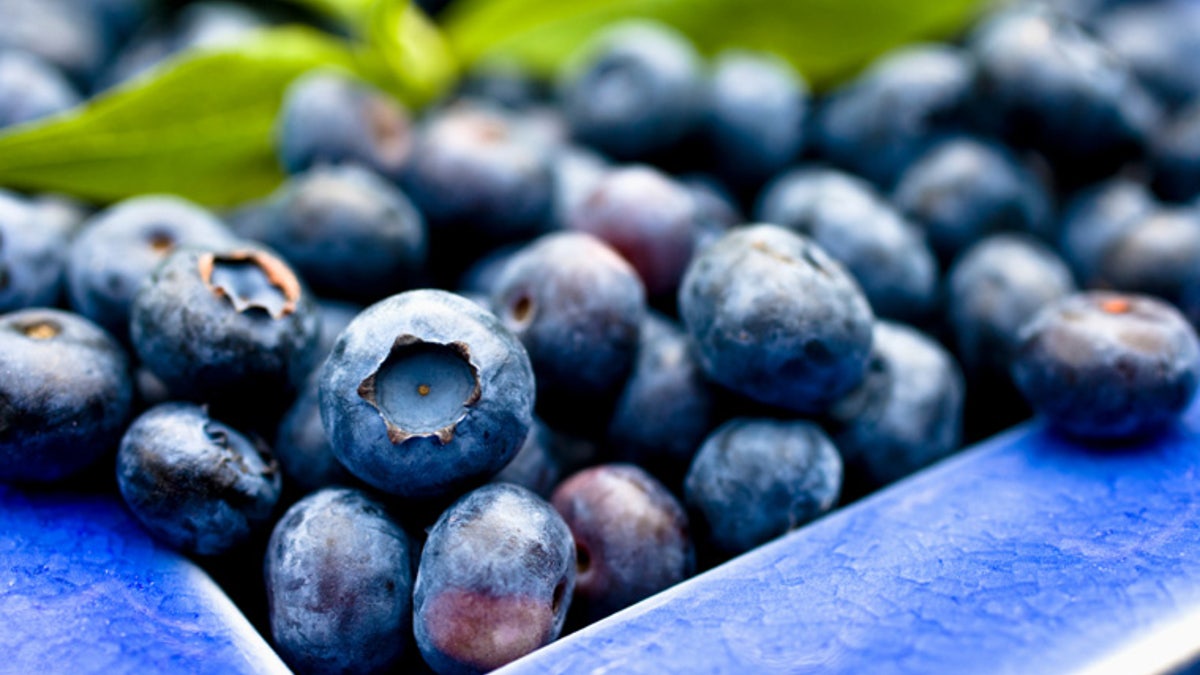
(iStock)
Scientists recently announced blueberries and strawberries contain high levels of naturally occurring compounds called flavonoids, which counter the buildup of plaque and provide other cardiovascular benefits, according to an article in Circulation: Journal of the American Heart Association. The researchers studied women and found that those who ate at least three servings of blueberries and strawberries per week had fewer heart attacks.
2. Soy
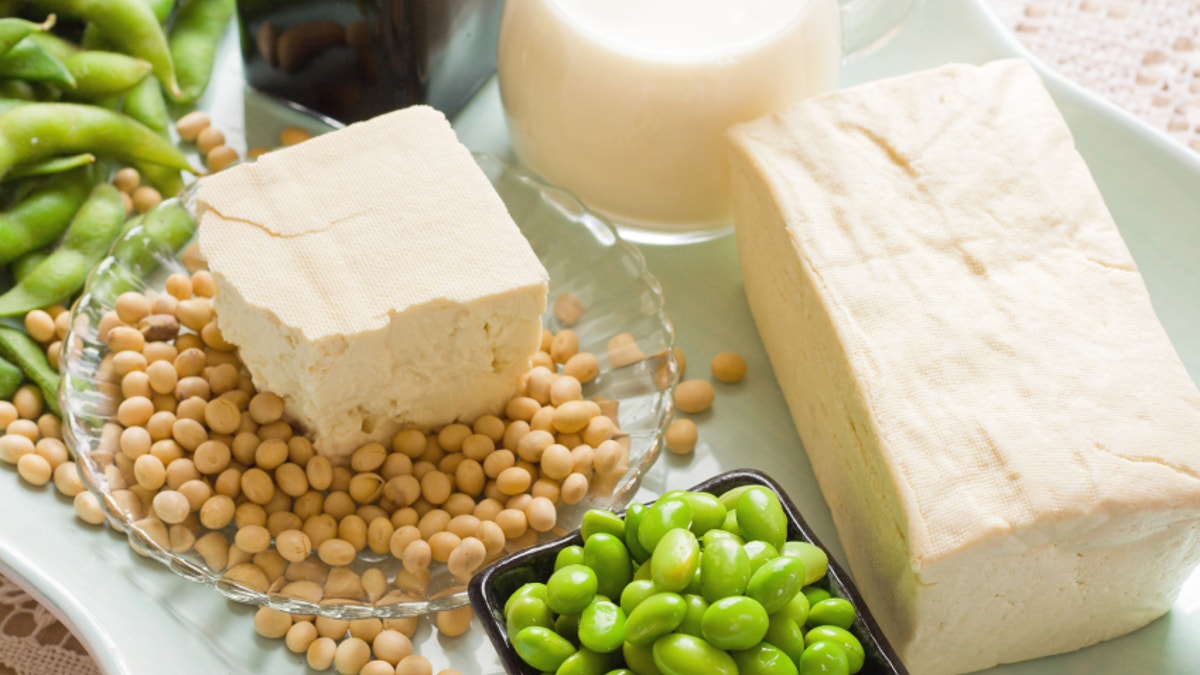
Have you heard of lunasin? It’s in every soy product in America but researchers now think it may be the secret sauce that gives soy its heart health power punch, including cholesterol reduction and general cellular health. Research shows lunasin may be among the first bioactive compounds to affect gene expression and promote optimal health at the epigenetic level.
3. Flaxseed
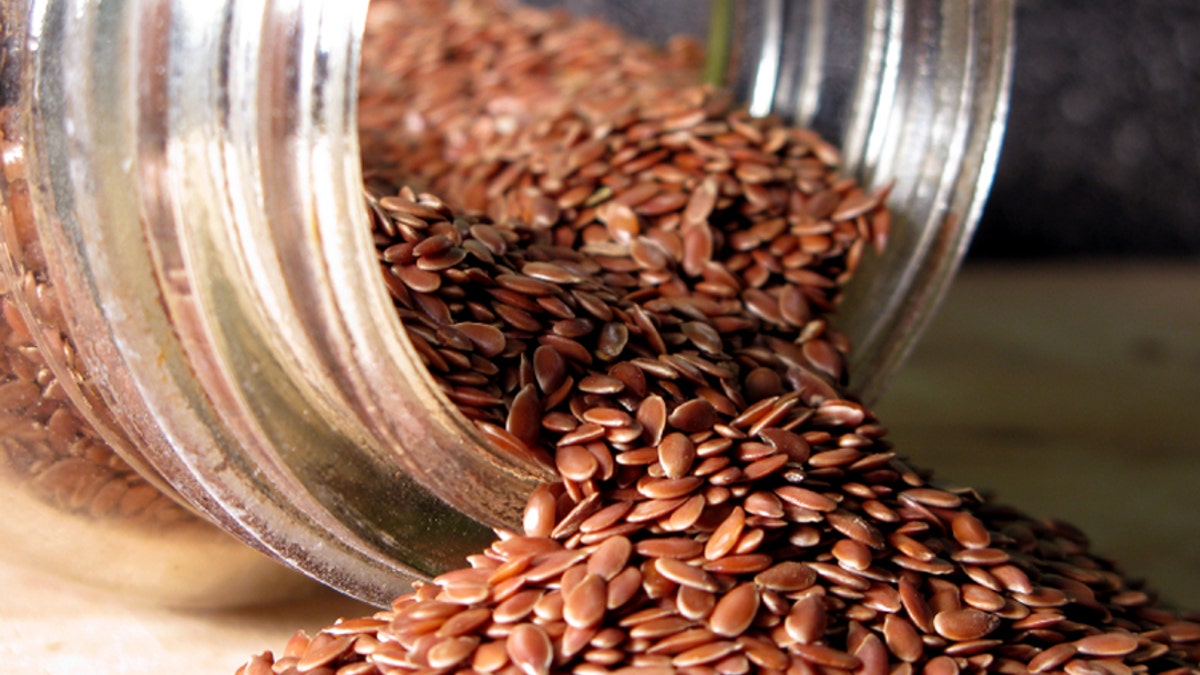
(iStock)
These small brown seeds are high in fiber and omega-3 fatty acids, which research shows may lower your total blood cholesterol levels. Put some seeds in your food processor or a coffee grinder so they are better absorbed, then sprinkle them on your hot cereal or yogurt to help reduce your risk of heart disease, stroke and diabetes.
4. Apples
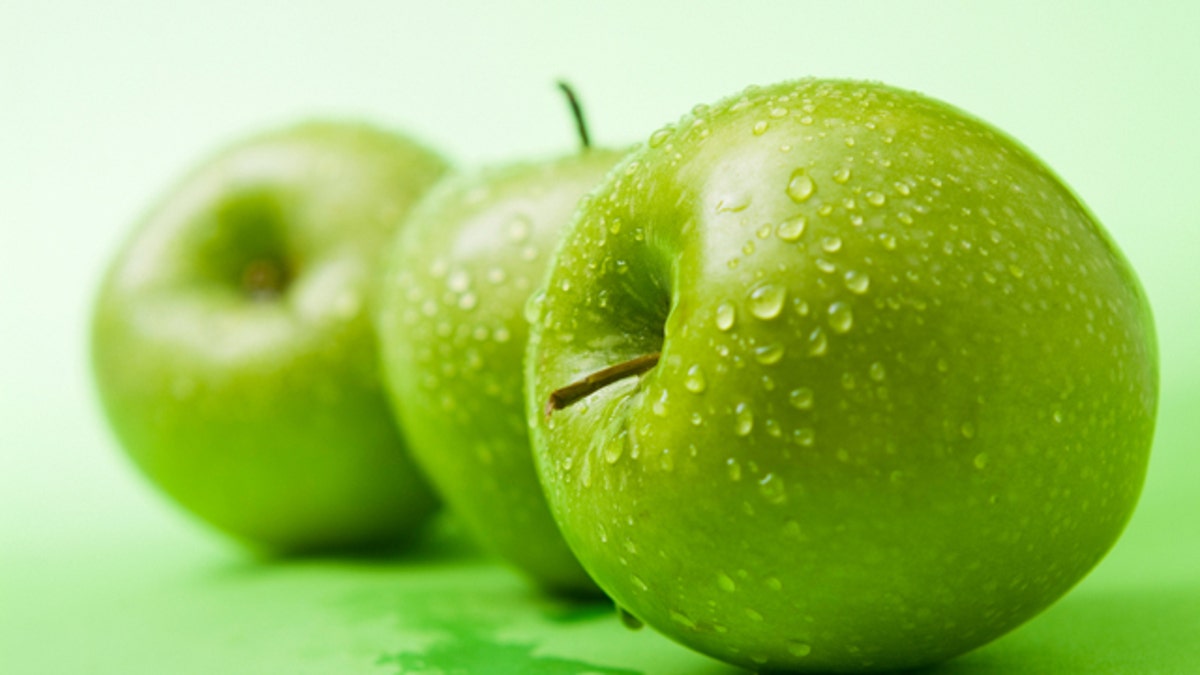
(iStock)
An apple a day keeps the cardiologist away? A recent study from Tufts University showed cholesterol dropped up to 40 percent in participants who consumed just one apple per day. Apples are packed with polyphenols, which researchers believe are responsible for the reduction in “bad” cholesterol.
5. Vitamin C
We tend to think of vitamin C as it relates to our immune systems, but research has shown it has some cardiovascular benefits. Studies have linked the consumption of this vitamin to lowered blood pressure, as well as a reduced risk of mortality from cardiovascular disease in both men and women. Citrus might be the obvious choice, but strawberries and bell peppers are packed with this nutrient as well.

6. Tomatoes
In a long-term study looking at diet and disease, researches found an inverse relationship between lycopene, a phytochemical in tomatoes, and cardiovascular disease. Similar results were seen in a study that looked a gazpacho, a tomato-based vegetable soup. The researchers found gazpacho consumption was associated with a reduction in high blood pressure.
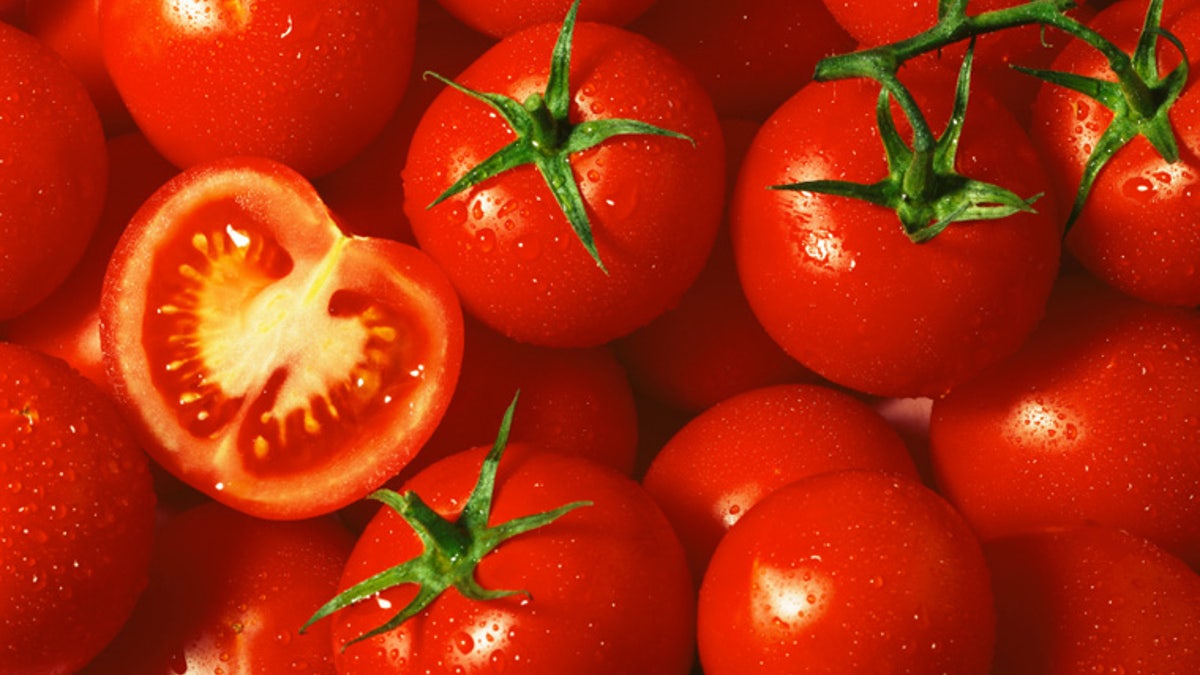
(iStock)
7. Veggies
A new study in the American Journal of Clinical Nutrition found reduced rates of heart disease in people who identified themselves as vegetarians versus those who did not. The vegetarian group showed lower rates of blood pressure readings, as well as lower levels of LDL “bad” cholesterol in the blood. If you don’t want to go completely vegetarian, aim to eat vegetarian more often, such as once or twice a week.

8. Walnuts
A recent study found whole walnuts to be effective at reducing atherosclerotic plaque in mice. But that’s not all: blood levels of cholesterol were reduced by nearly 25 percent as well. Keep some walnuts on hand for a quick snack, or store some in the refrigerator to extend their shelf-life to about a year.
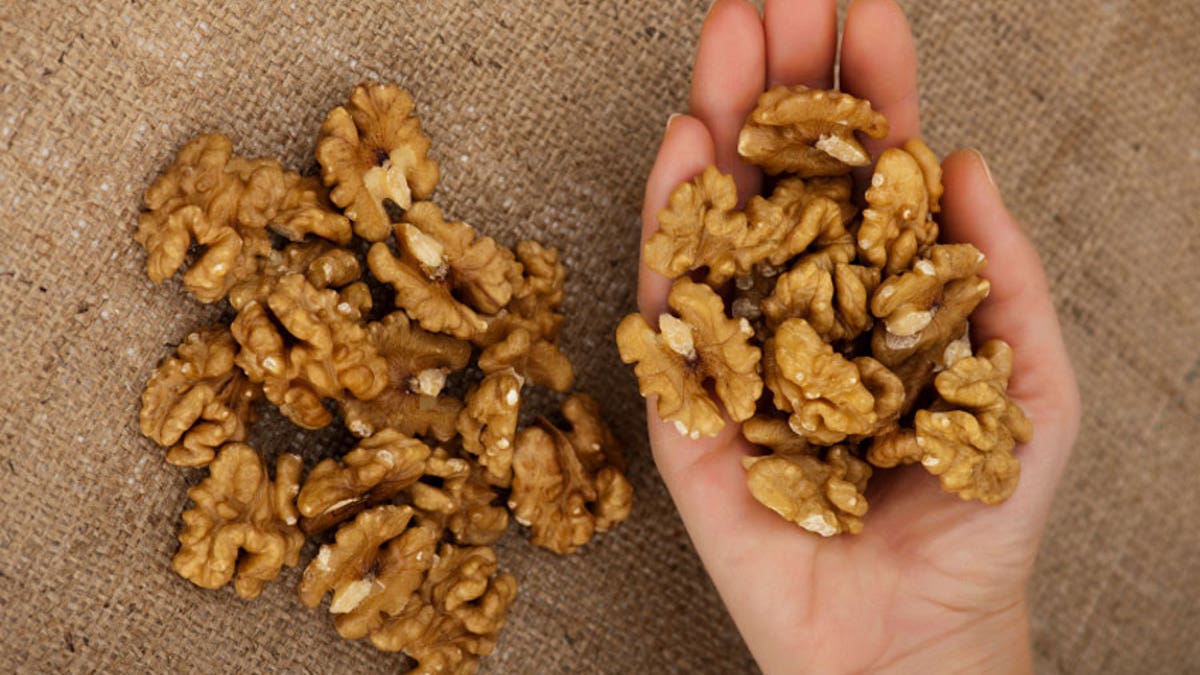
(iStock)








































